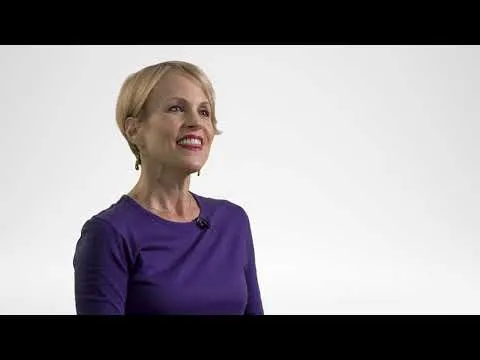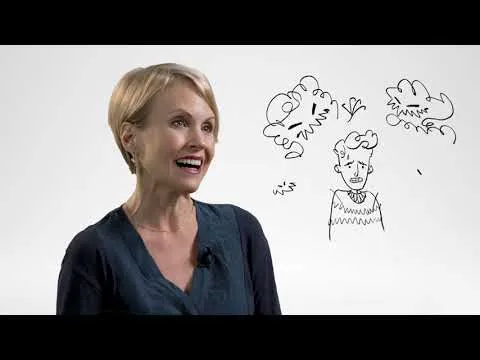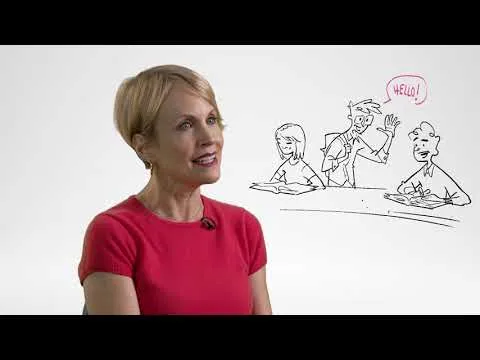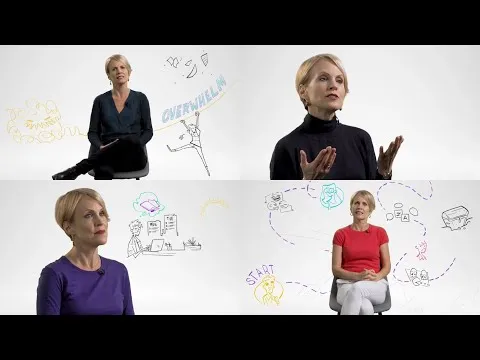Self Help Resources
The following resources may be helpful when thinking about any challenges that you may be facing and what you can do to address these.
We remind you that if you need support, you can take an appointment with a team counselor at any time throughout the year. For more information see this page.
The resources listed within this section are not intended to be used as a reading list and are by no means definitive. Some resources may be more helpful than others as different resources suit different individuals.
The University is not responsible for the content displayed on external links.
You can also check Libguides, guides designed by the Library to help you discovering the best resources and tools on specific topics, including accessibility, inclusion and health.
In order to have a good start to your university experience, it's critical to have certain practical information and tools that will help you get organized academically in an efficient and focused way, enhance your study methods, and assist you in the development of rewarding interpersonal relationships.
In this section, we address these topics to help you begin this new chapter on a positive note, and with new ideas to reflect upon. We also focus on the topics of adaptation and adjustment, not only from an academic standpoint, but also a cultural one.
Sources:
> "Tips and Info for a good start" by Counseling and Self-Empowerment, Campus Life — Tips and Info for a good start, 8th-13th September 2022.
Tips_and_info_Diploma_Italiano_pptx
Tips_and_Info_International_Diploma_pptx
Whether you're a fresher or a third-year student, planning your academic life can be difficult and lead to stressful and anxious situations.
This section includes advice for all students and also helps with time management, procrastination, perfectionism, study skills, writing, research and passing exams.
Balancing Your Day

Anxiety is a natural feeling that everyone experiences at different times. In moderation, it serves many important purposes:
> Warning us of a threat
> Helping us to solve problems
> Motivating us to take action
Anxiety affects all of us at certain times in our lives; however, in times of crisis, our anxiety levels can increase. This is a natural reaction to the stressful situation that we all find ourselves in.
Too much anxiety can lead to feelings of overwhelm which can interfere with our daily lives and relationships.
How to manage anxiety
There are different strategies that could help you manage anxiety:
> Exercising
> Practicing Mindfulness or meditation
> Taking care of your sleep
> Building relationships
These resources will allow you to reflect on your own anxiety and explore some ideas and strategies to manage anxiety more effectively.
Have a look at the following sources to deepen your knowledge about strategies for anxiety management:
> Eckhart Tolle, “Break Free from Anxiety and Fear”: https://www.youtube.com/watch?v=3I5L2otW4r8
> Sam Harris, “How To Never Be Anxious Again & Stay Calm”: https://www.youtube.com/watch?v=ldRx7ZJBwqI (from min. 4:00)
> Sam Harris, “How to Instantly Achieve a Calm State”: https://www.youtube.com/watch?v=StzNlYXnCm4 (from min. 18:55 to min. 27:00)
Managing Anxiety

Mindfulness means paying full attention to something. It means slowing down to really notice what you're doing.
Being mindful is the opposite of rushing or multitasking.
When you're mindful, you're taking your time. You're focusing in a relaxed, easy way.
Mindfulness practices can help us to unlock the potential to develop the attributes that can make us happier, more effective human beings.
Moreover, Mindfulness practices can also help us understand how to live with difficult emotions, dealing with anxiety, fear, and self-consciousness.
Eventually, Mindfulness practices can help us become wise, acquire knowledge, free ourselves from habit and delusion, and inspire the imagination to assist creativity.
Have a look at the following sources to deepen your knowledge about the benefits of Mindfulness.
> Daniel Goleman & Richard Davidson, “Does Mindfulness Really Work”: https://www.youtube.com/watch?v=RBg2i7ZsXgk
> James R. Doty “Hacking your Brain for Happiness”-Ted Talk: https://www.youtube.com/watch?v=q4TJEA_ZRys
> Neel Burton, “What Is Wisdom? The psychology and philosophy of wisdom”, Psychology Today, 14 Nov. 2018: https://www.psychologytoday.com/us/blog/hide-and-seek/201811/what-is-wisdom
The principal vehicle for cultivating mindful awareness is meditation.
In order to get the benefits of meditation, we encourage you to follow one of the many online meditation apps that are available.
Among the many free meditation apps, we recommend:
• Healthy Minds (https://hminnovations.org/meditation-app). This app was developed by leading neuroscientist Richard Davidson at the University of Wisconsin. It employs the findings of current research as the basis for a series of meditative exercises that can rewire your brain to become more aware, insightful, connected and purposeful. The “Foundations” course offers 14 short meditations in 10 lessons.
Among paid meditation apps, our favorites are:
• Wakingup.com. Sam Harris’ Waking Up app includes his own talks and guided meditations and also those of other leading meditation instructors.
• Headspace. Probably the world’s most popular meditation app.
Moreover, the University offers an online Meditation course. Further information here: unibocconi.eu/wellbeing
Have a look at the following sources to deepen your knowledge about the benefits of Meditation:
> “Can 10 minutes of meditation make you more creative?” Harvard Business Review, Aug. 2017: https://hbr.org/2017/08/can-10-minutes-of-meditation-make-you-more-creative
> Guided meditation to enhance creativity: https://www.youtube.com/watch?v=NSqEYFsF3w8
Suggested readings:
> Alan Watts, Il tao la via dell'acqua che scorre
> Joseph Campbell, percorsi di felicità
> Chandra Livia Candiani, IL silenzio è cosa viva, l'arte della meditazione
> Dalai lama, La meditazione come medicina. Scienza, mindfulness e saggezza del cuore,
> Ma Gcig, canti spirituali
> Walpola Rahula, L'insegnamento del Buddha
> Thich Nhat Hannh, il miracolo della presenza mentale
> Yuval Noah Harari 21 lezioni per il XXI secolo
> Patanjali, Yoga Sutra
Relationships are a big part of our lives. They can offer fun, love, pleasure, excitement and support. However, they can also be complicated, creating feelings of anguish particularly if they go don’t go to plan.
University is a place where relationships can feel strain. This is common for many reasons including you as a student going through personal change, the difficulties in dealing with long-distance relationships, or the intensity of living on campus together.
Making New Connections

Self-care is an essential life skill and must be prioritized in order to maintain positive wellbeing. Self-care is about looking after yourself and making sure that all of your needs are fulfilled. Good self-care means taking positive steps to nurture and develop yourself physically, emotionally, socially, occupationally, and spiritually.
However, we will all come across times when we particularly struggle, when something doesn’t go how we wanted it to or when our relationships negatively impact on us. During these times, it is especially important to take active steps to comfort and care for yourself.
Healthy Eating Habits
Prevention and promoting a healthy lifestyle are at the foundation of physical and mental health, even for young people and students.
In this section, we address the following topics:
> Eating awareness: How to Maintain a Healthy Eating Lifestyle
> Prevention and risk factors: how to identify possible alarm bells of an eating disorder, starting from the healthiest lifestyles.
Sources:
> "Food awareness: good habits to stay healthy" by Dr. Sara Bertelli and Dr.Giuseppina Di Carlo — Eating awareness: How to Maintain a Healthy Eating Lifestyle, 27th October 2021
Healthy_Eating_Habits_pptx
Fatigue and Self-Care

Dealing with Street Harassment
Stand Up, a digital training program powered by L'Oréal Paris in partnership with Right To Be
80% of women have experienced sexual harassment in public spaces. 76% of people have already witnessed sexual harassment in public spaces.
When we watch harassment happen without intervening, it deepens the trauma for the person being harassed and shows the person doing the harassing that their behaviour is OK. We want to disrupt this dynamic one intervention at a time.
Learn what to do against street harassment: take part in Stand Up, a training program designed to help prevent street harassment and build safe, inclusive spaces for all, powered by L'Oréal Paris in partnership with the NGO Right To Be.
Take the 10 min digital training to Learn what to do if you witness street harassment Or if you experience street harassment
Stand Up